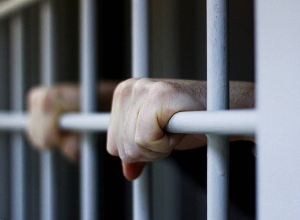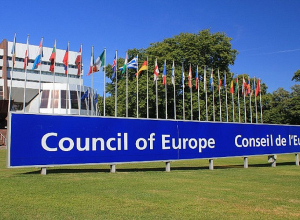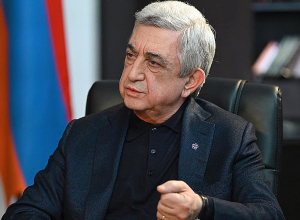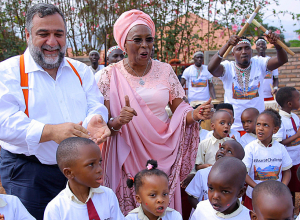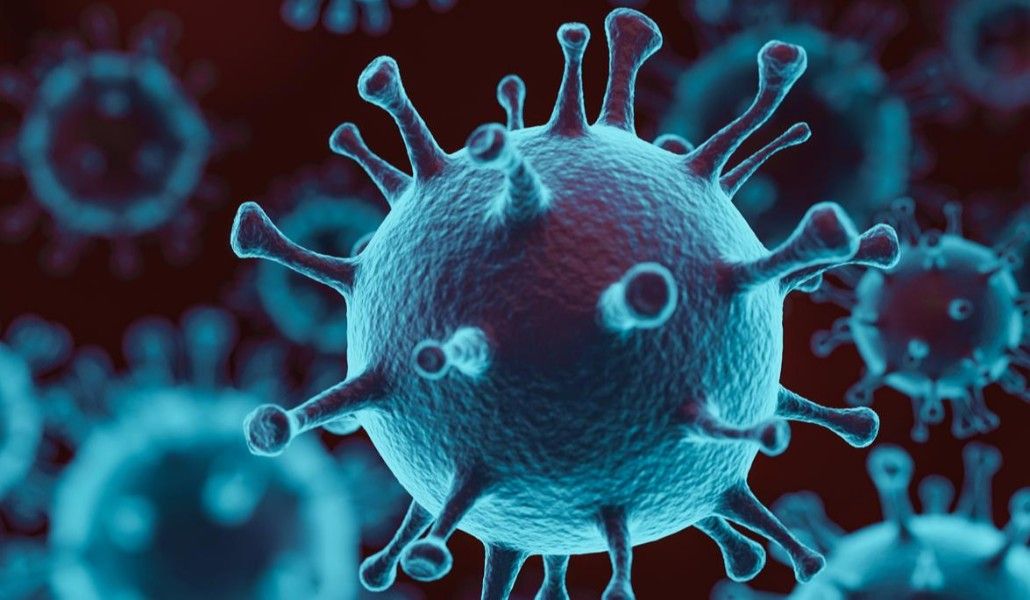
Migrants are at greater risk - UN Office for Refugees
Support A1+!UN Joint Press Release of the United Nations Human Rights Committee, the International Organization for Migration, the United Nations Office for Refugees and the World Health Organization report:
“Refugee girl from Venezuela washes hands after training for UNHCR and partner NGO to prevent coronavirus spread in Boa Vista, northern Brazil © UNHCR / Alana Ferreira. We are all vulnerable during the crisis of COVID-19. Although the infection has shown that it does not discriminate, refugees, forcibly displaced, stateless people and migrants are at greater risk. Three-quarters of the world's refugees and migrants live in developing countries, where health systems are already overwhelmed and powerless. Many live in overcrowded camps, temporary shelters, or special shelters that lack proper medical care, clean water, and adequate sanitation. Of particular concern is the situation of refugees and migrants being held in formal and informal detention facilities in overcrowded and in poor sanitation situations. Given the deadly consequences of COVID-19, they should be released immediately. Immigrant children with their families and those detained without a fundamental legal basis should be released immediately. The pandemic situation can only be controlled if there is an inclusive approach that protects the right of life and health of every individual. Migrants and refugees, especially those who do not have an ID, are disproportionately vulnerable to exclusion, stigma and non-official translation discrimination.
To prevent disaster, governments must do everything possible to safeguard the rights and health of everyone. Protecting the rights and health of all people will actually help to control the spread of the infection. It is essential that everyone, including all migrants and refugees, be provided with equal access to health services and effectively incorporated into national response mechanisms to COVID-19, including preventive measures, testing and treatment. The inclusive approach will not only help protect the rights of migrants and refugees, but will also serve to protect public health and prevent the global spread of COVID-19. Although many states protect and host refugees and migrants, they often lack the capacity to respond to crises such as COVID-19. States may need additional financial support to ensure proper access to national health services for refugees and migrants. This is where financial institutions around the world can play a leading role in making available financial resources. While states are closing their borders and restricting cross-border movements, there are ways to implement these restrictions that are implemented in compliance with international human rights and refugee standards, including the principle of non-refundability through isolation and health checks. More than ever, when COVID-19 poses a worldwide threat to all mankind, our primary focus should be on preserving life, regardless of human status. This crisis requires a consistent and effective international approach that no one ignores. At this crucial juncture, we must all come together to work together to fight the deadly infection. Many refugees, displaced and stateless people and migrants have skills and resources that can help solve the problem. We cannot allow fear or intolerance to endanger human rights or impede the effectiveness of the global response. We are all in this together. We can overcome this infection only when each of us is protected."
